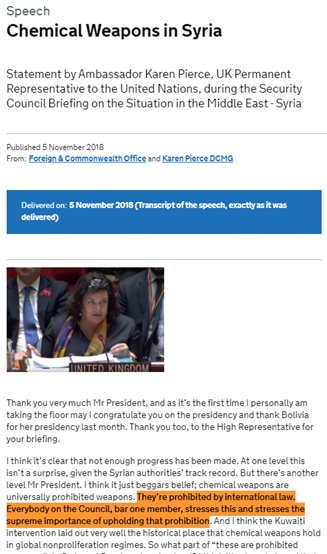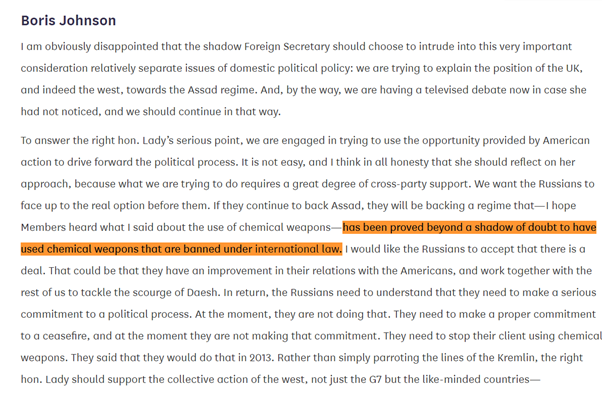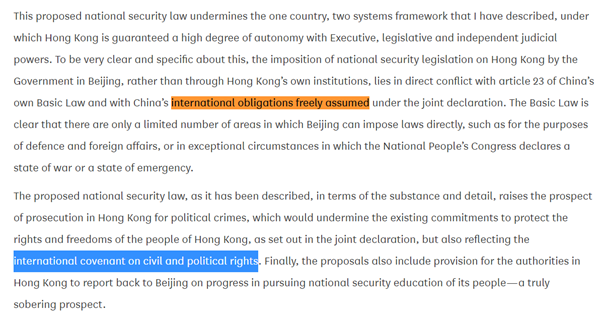My instinct is this is legally fine. He's at pains to make clear that the request for an extension stands, is not being countermanded, and it's open to the EU to accede to it. This is just fluff - the EU will ignore it and to be honest I hope the rest of us can too.
https://twitter.com/Peston/status/1185678647467921408
I wish it wouldn't get written up this way though. "Ignore parliament - I'm not asking for a delay, says PM". He doesn't say that and, if he did, that would be unlawful. That's why he's not saying it. 

My view on the legality of the "three letters" trick is set out more fully here, for anyone interested.
prospectmagazine.co.uk/politics/artic…
prospectmagazine.co.uk/politics/artic…
• • •
Missing some Tweet in this thread? You can try to
force a refresh




















